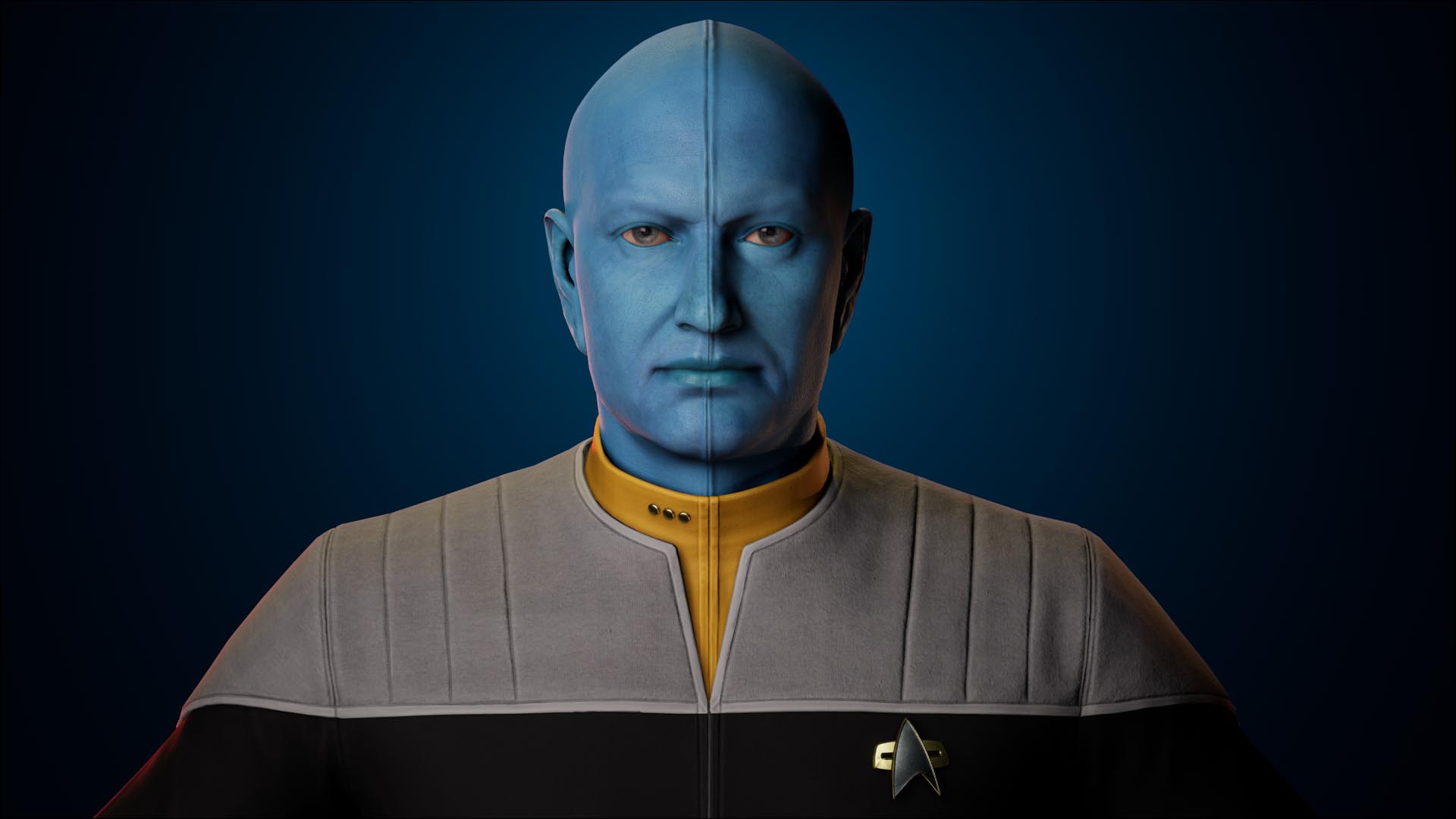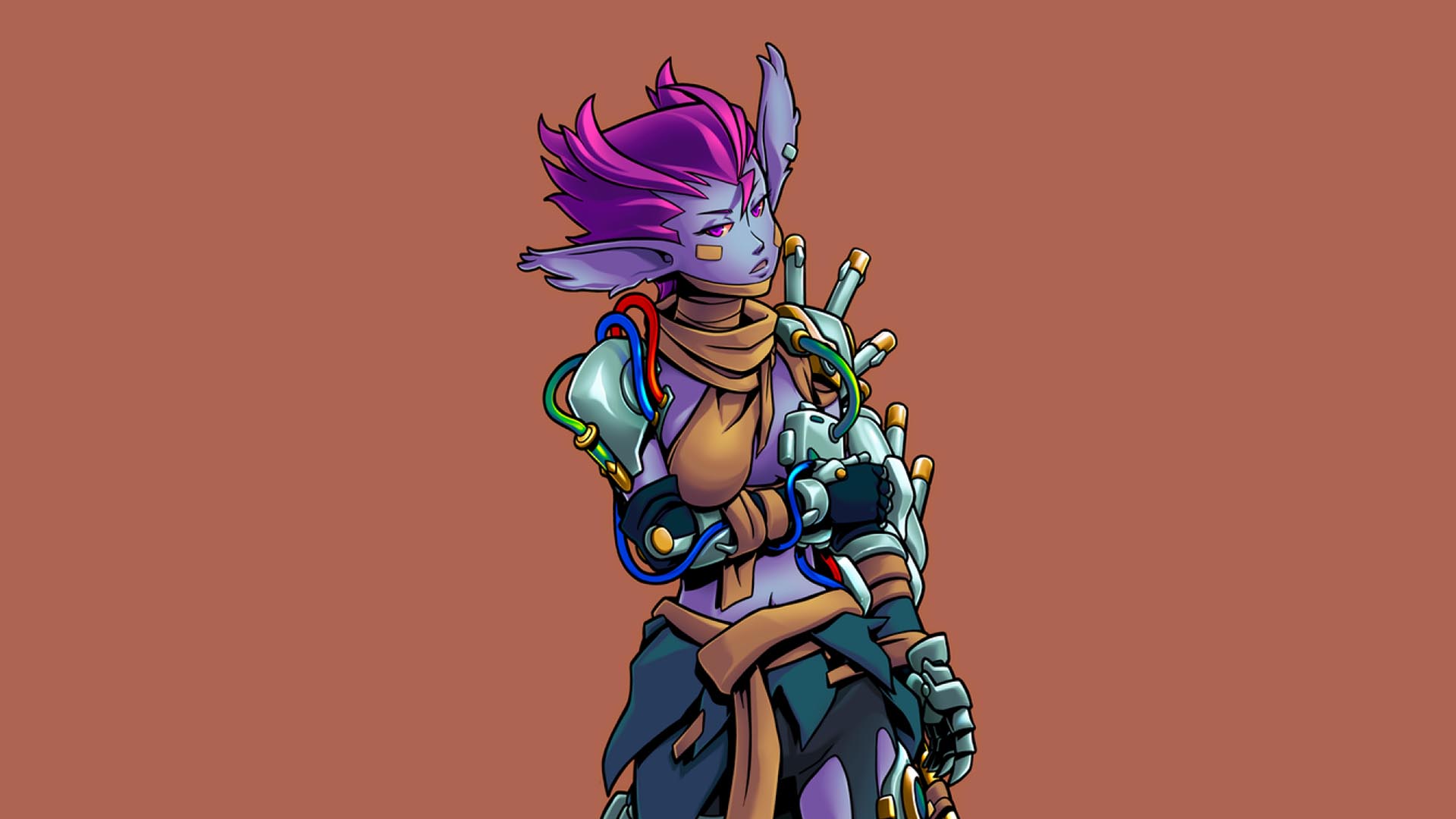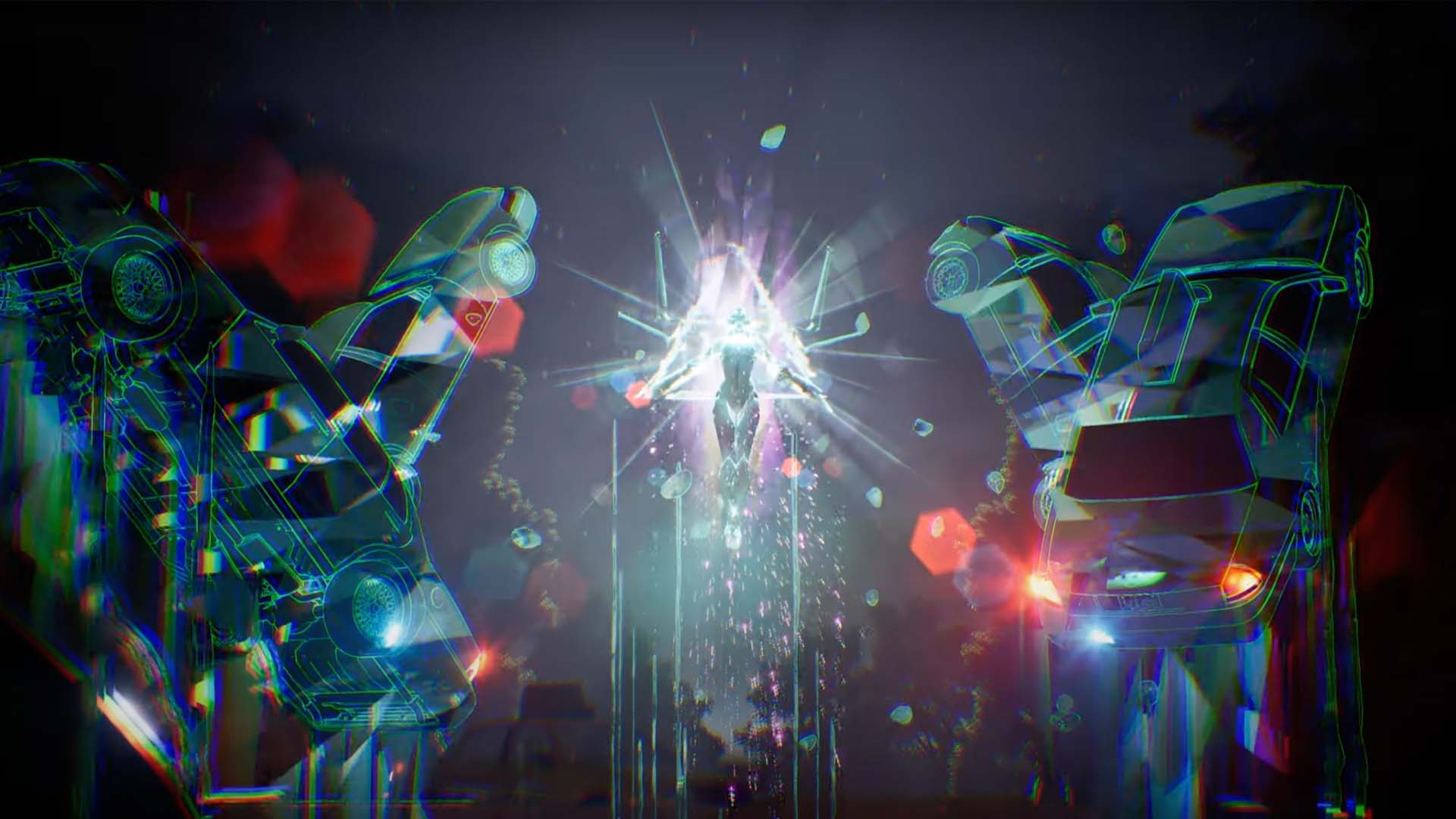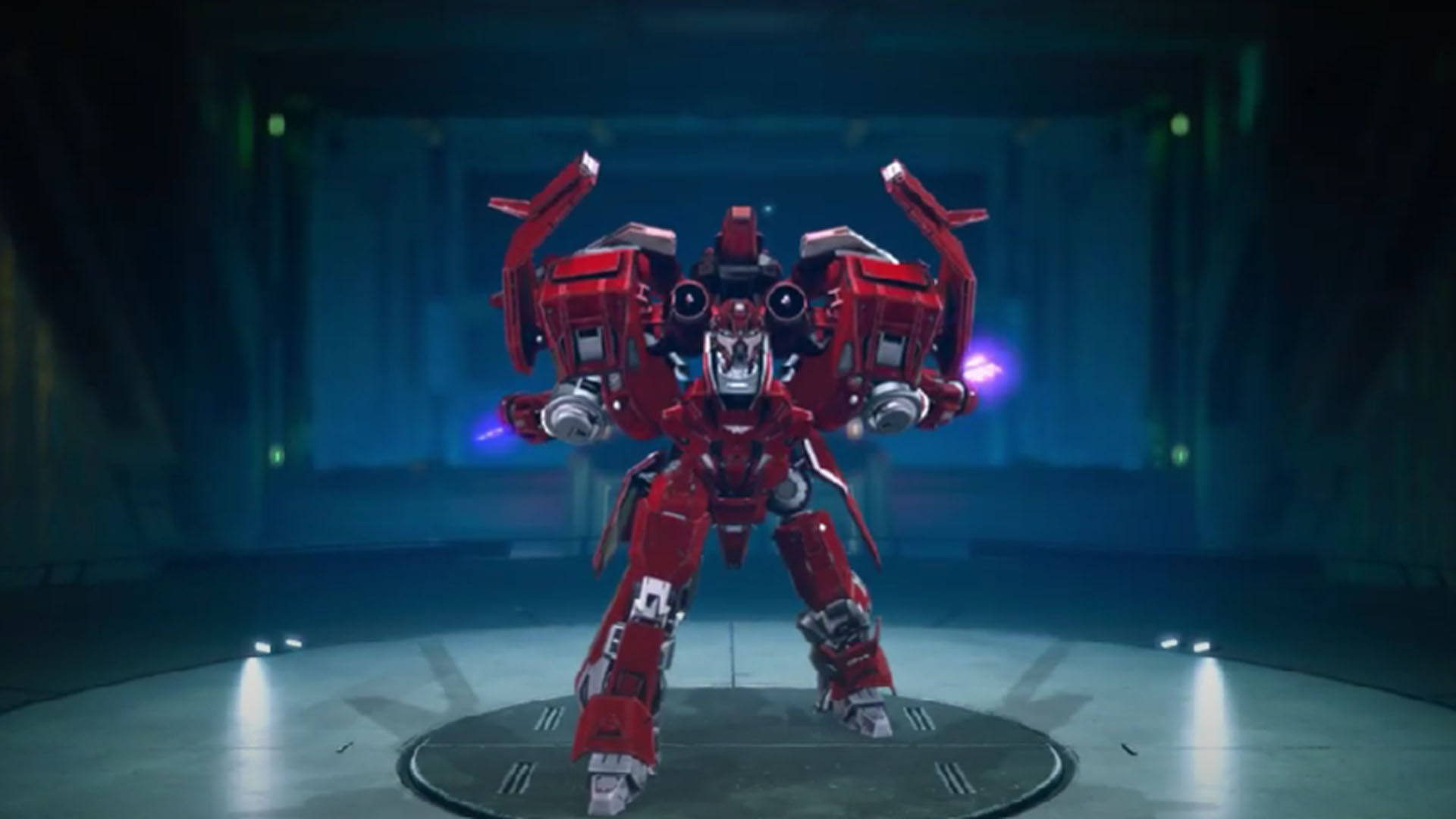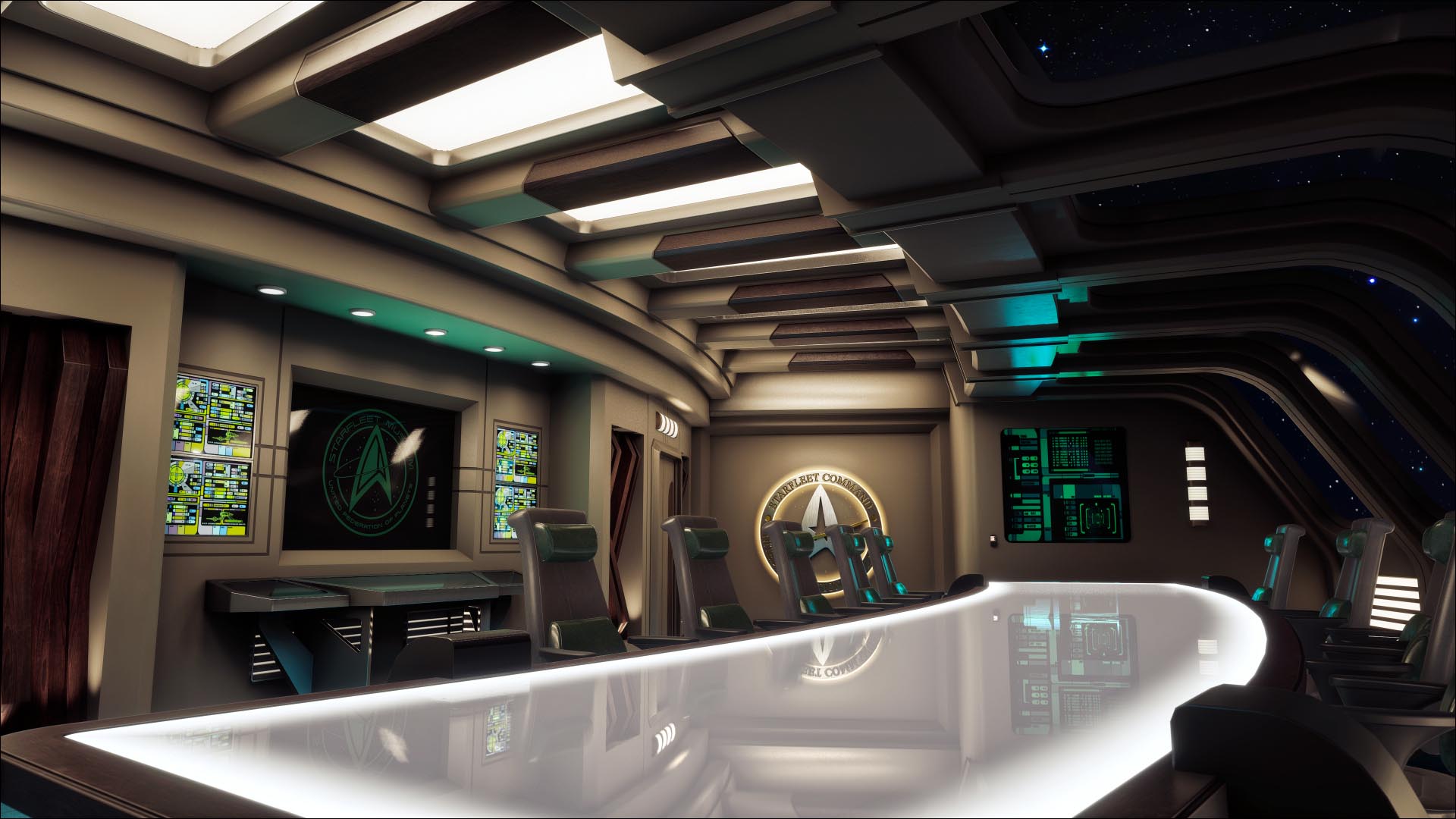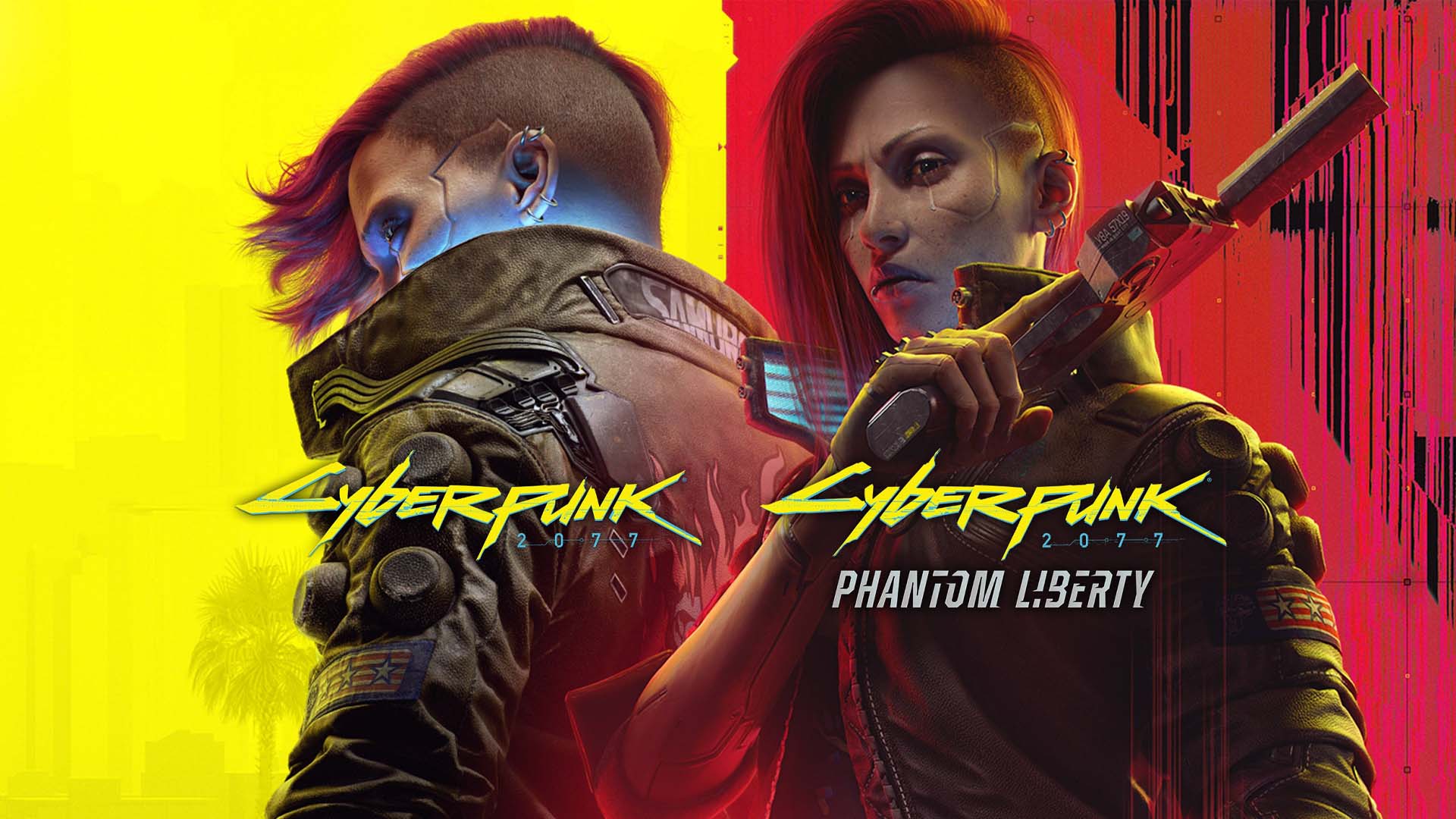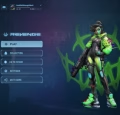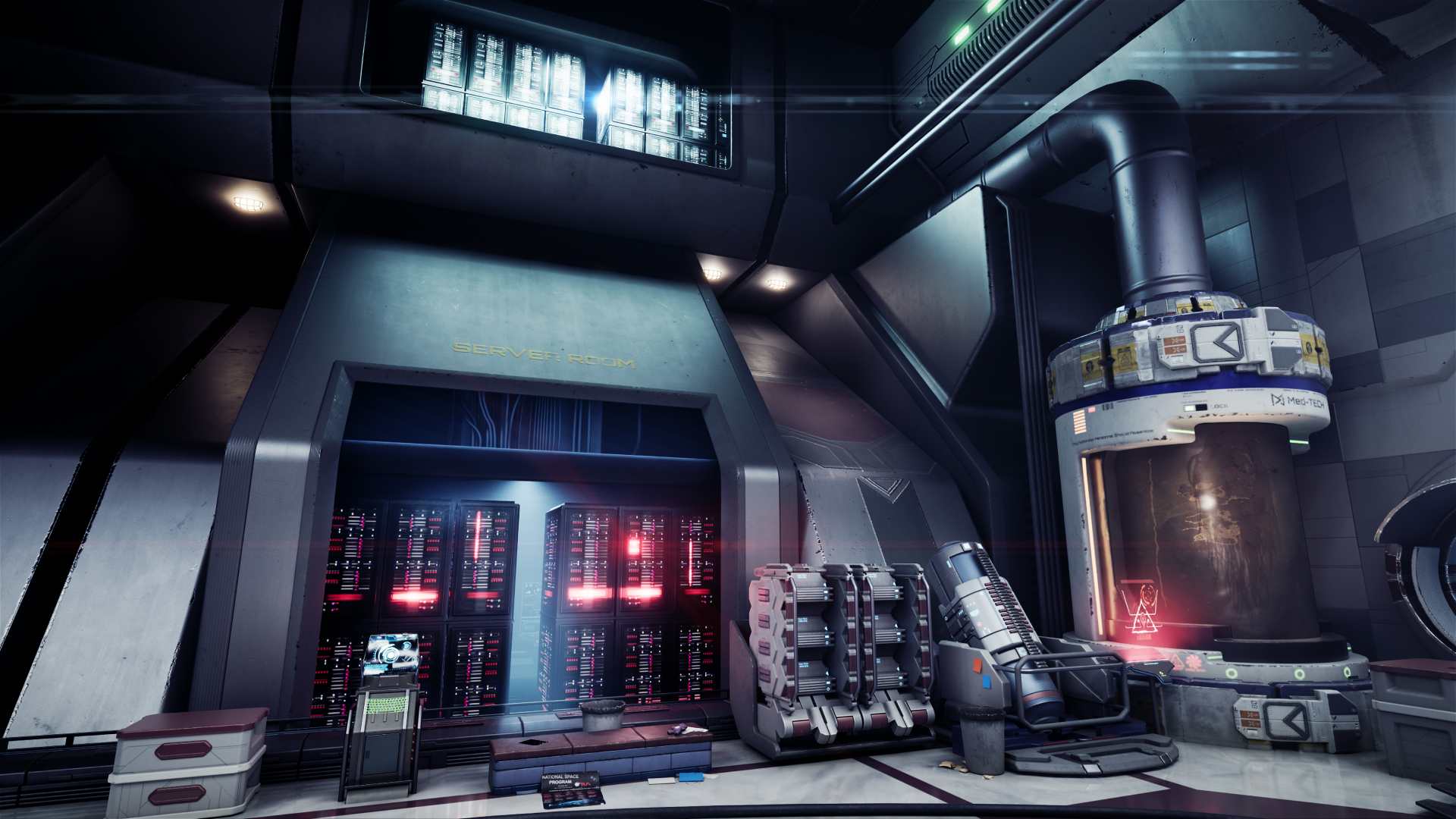Mobile game porting projects require comprehensive technical overhauls to get them running smoothly on mobile devices. Various technical aspects of a game need to be assessed and adjusted for mobile game ports to get them running in the first place, and further scrutiny to get them performing at an acceptable level for players.
Of all gaming platforms, mobile platforms like Android and iOS are arguably among the most challenging to bring games to due to the technical work required. Despite mobile game ports’ challenges, it’s a fantastic platform that makes games available to huge audiences.
Optimizing Mobile Game Ports
Mobile devices have less powerful GPUs and CPUs than gaming PC setups and game consoles. This means mobile devices don’t have the raw power to run games as smoothly and at as high fidelity as consoles and PCs. To resolve this, development studios should ensure their mobile game ports are sufficiently adjusted to run well on mobile devices. This often includes reducing polygon counts of visual assets and optimizing scripts and game logic.
Moreover, mobile gaming devices have less RAM than their console and PC counterparts, making efficient memory management crucial for mobile game porting projects. To prevent memory issues, development studios should consider using techniques such as dynamic loading, asset loading and unloading, and texture optimization to ensure a smooth mobile gaming experience.
Battery life is also a unique concern for mobile game ports, except for the Nintendo Switch. Optimizing battery life requires some efficient code work and potentially making some sacrifices.
Notably, lowering frame rates can positively affect battery life though this technique should be used cautiously so that the player experience isn’t negatively affected. Developers should also look at reducing background processes where possible to enhance battery life.
UI and UX for Mobile Game Ports
For mobile game ports, the UI and UX will often need extensive reworking to work efficiently with mobile devices. More often than not, this will necessitate resizing and reworking UI elements so that they can firstly fit on mobile device screens, but also are scalable so that the UI can work optimally on the wide range of mobile devices available on the market.
Further to this, developers will need to extensively rework mobile game port controls so that they are functional and intuitive. This sometimes requires redesigning game mechanics so they can be effectively implemented alongside touch controls on mobile devices. Many development studios opt to use virtual buttons and implement gesture controls.
Platforms for Mobile Game Porting
For any mobile game porting projects, development studios need to decide whether they’ll release their mobile game ports on Android devices, iOS, or both.
Android has the biggest market share in the mobile gaming market, but developers should be aware of Android fragmentation. Android fragmentation refers to the disparate Android mobile devices on the market that use different operating system versions, screen sizes, and hardware capabilities. Developers porting games to Android should be aware of the extensive testing that Android games require because it’s such a fragmented platform.
Conversely, iOS mobile game ports are subject to a less fragmented platform. Though iOS devices come in various shapes, sizes, and hardware capabilities, they’re far less numerous than Android. This simplifies testing and optimization significantly, though development studios should ensure their testing and optimization processes are thorough so that the player experience is top-tier.
Regardless of your platform of choice, extensive testing for every mobile platform is necessary. Games coming from console and PC platforms will characteristically need extensive testing as they’re being adapted for mobile devices to ensure performance, UX, and more are at the high-quality level they need to be.
Magic Media offers an extensive range of services for gaming, entertainment, and tech projects. These include game porting for all platforms, full-cycle game development, game VFX, and dozens more. Contact Magic Media today to collaborate and bring your projects to the next level!

